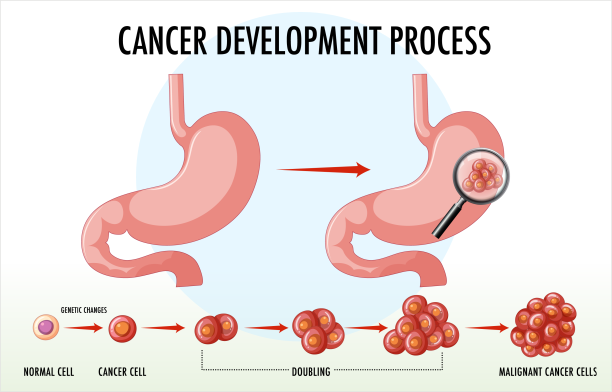colon cancer screening
Screening for colon cancer is crucial because it can detect precancerous polyps or early-stage cancer when treatment is most effective. Early detection through screening can significantly improve outcomes and reduce mortality.
FAQ
When should one start getting screened for colon cancer?
Guidelines recommend that individuals with average risk start regular screening at age 45. However, the age to begin screening may vary based on individual risk factors and family history. Consult with a healthcare provider to determine the appropriate age to start screening.
What are the common screening methods for colon cancer?
Common screening methods include:
- Colonoscopy: Direct visualization of the entire colon with the use of a flexible tube with a camera.
- Fecal Immunochemical Test (FIT): A stool test that detects blood in the stool, which may be a sign of colorectal cancer or polyps.
- Flexible Sigmoidoscopy: Similar to a colonoscopy but examines only the lower part of the colon.
- CT Colonography (Virtual Colonoscopy): Imaging of the colon using computed tomography (CT).
How often should one undergo colon cancer screening?
The frequency of screening depends on the method used. For example, colonoscopy is typically recommended every 10 years, while FIT may be done annually. The screening interval may also be influenced by individual risk factors.
Are there any risk factors that may require earlier or more frequent screening?
Yes, individuals with certain risk factors, such as a family history of colorectal cancer, a personal history of colorectal polyps or cancer, or certain genetic conditions, may need to start screening earlier and undergo more frequent screenings. Consult with a healthcare provider to assess individual risk.
Is colonoscopy the only screening method?
No, there are multiple screening methods available, and the choice depends on individual preferences, health status, and risk factors. Colonoscopy is considered the gold standard, but other methods like FIT, flexible sigmoidoscopy, and CT colonography are also effective.
Are there any lifestyle changes that can help prevent colon cancer?
Adopting a healthy lifestyle can contribute to colon cancer prevention. This includes maintaining a balanced diet high in fiber, being physically active, limiting alcohol consumption, avoiding tobacco, and maintaining a healthy weight.
Does insurance cover the cost of colon cancer screening?
Many health insurance plans cover the cost of colon cancer screening, especially for individuals within the recommended age range. It’s advisable to check with the insurance provider to understand coverage details and any potential out-of-pocket expenses.
Can screening prevent colon cancer?
Screening can help prevent colon cancer by detecting and removing precancerous polyps before they develop into cancer. Early detection of cancer allows for prompt treatment, improving outcomes.
What are the symptoms of colon cancer?
Symptoms of colon cancer may include changes in bowel habits, blood in the stool, abdominal pain or discomfort, unintentional weight loss, and fatigue. However, early-stage colon cancer may not cause noticeable symptoms, underscoring the importance of regular screening.


